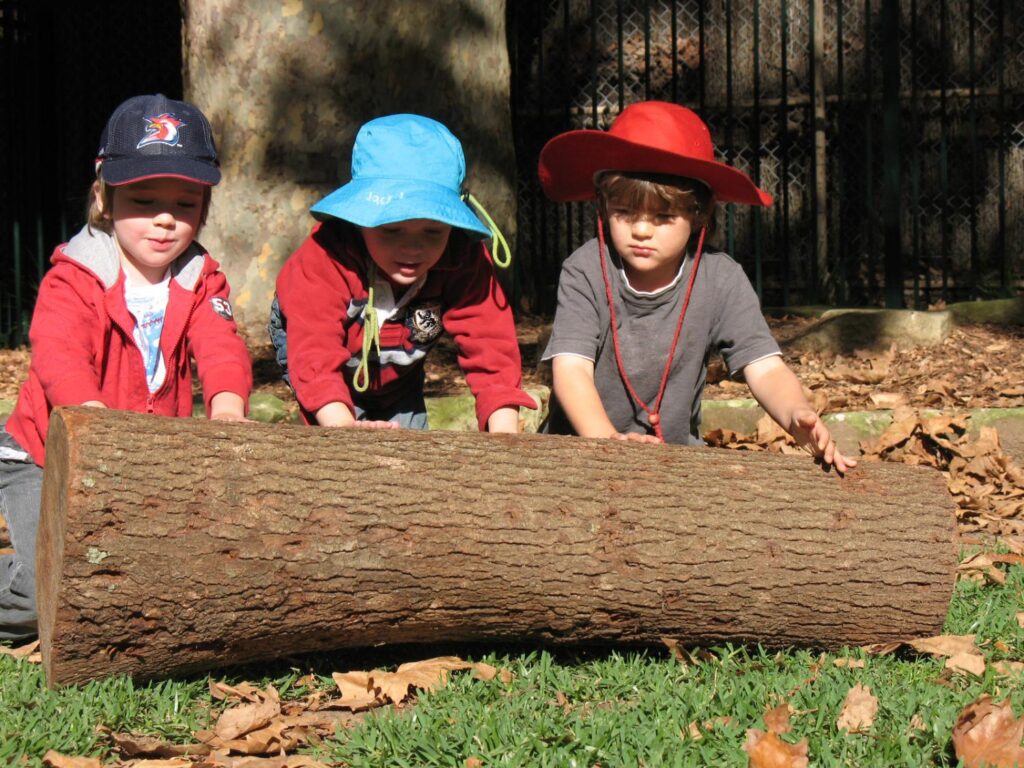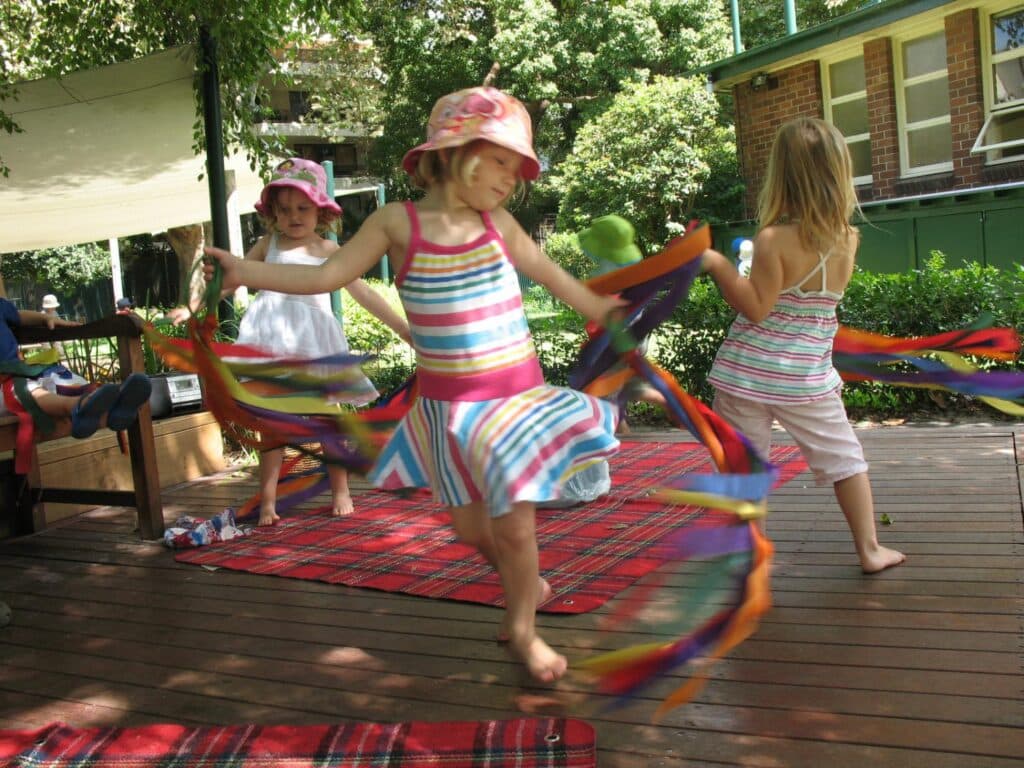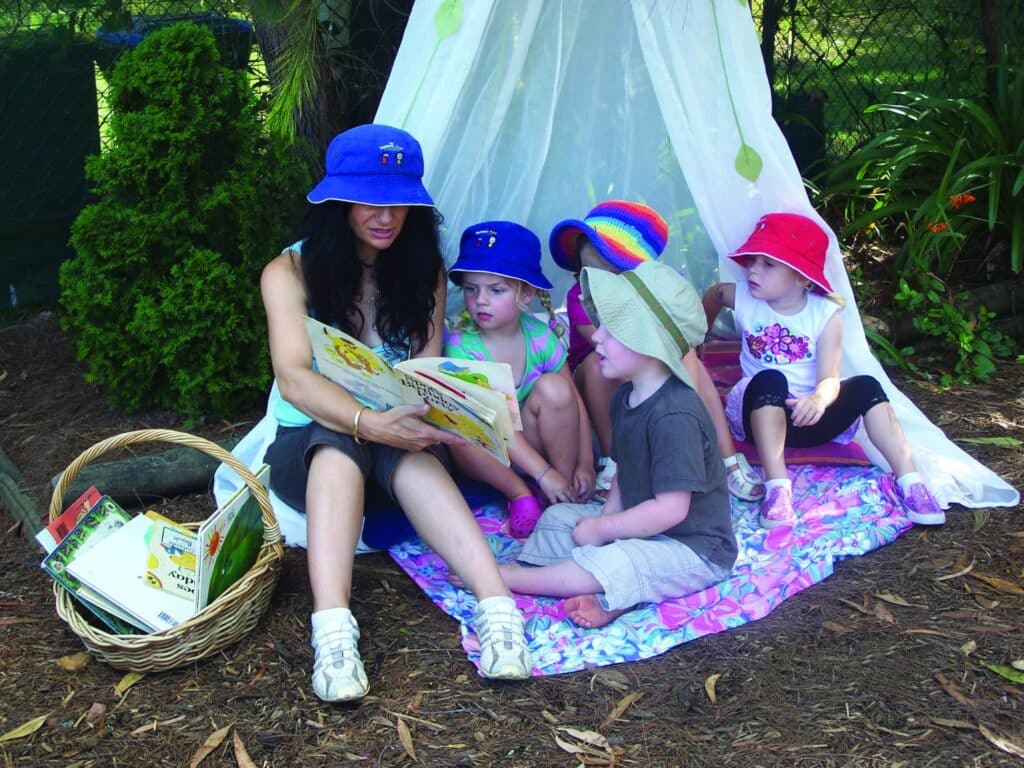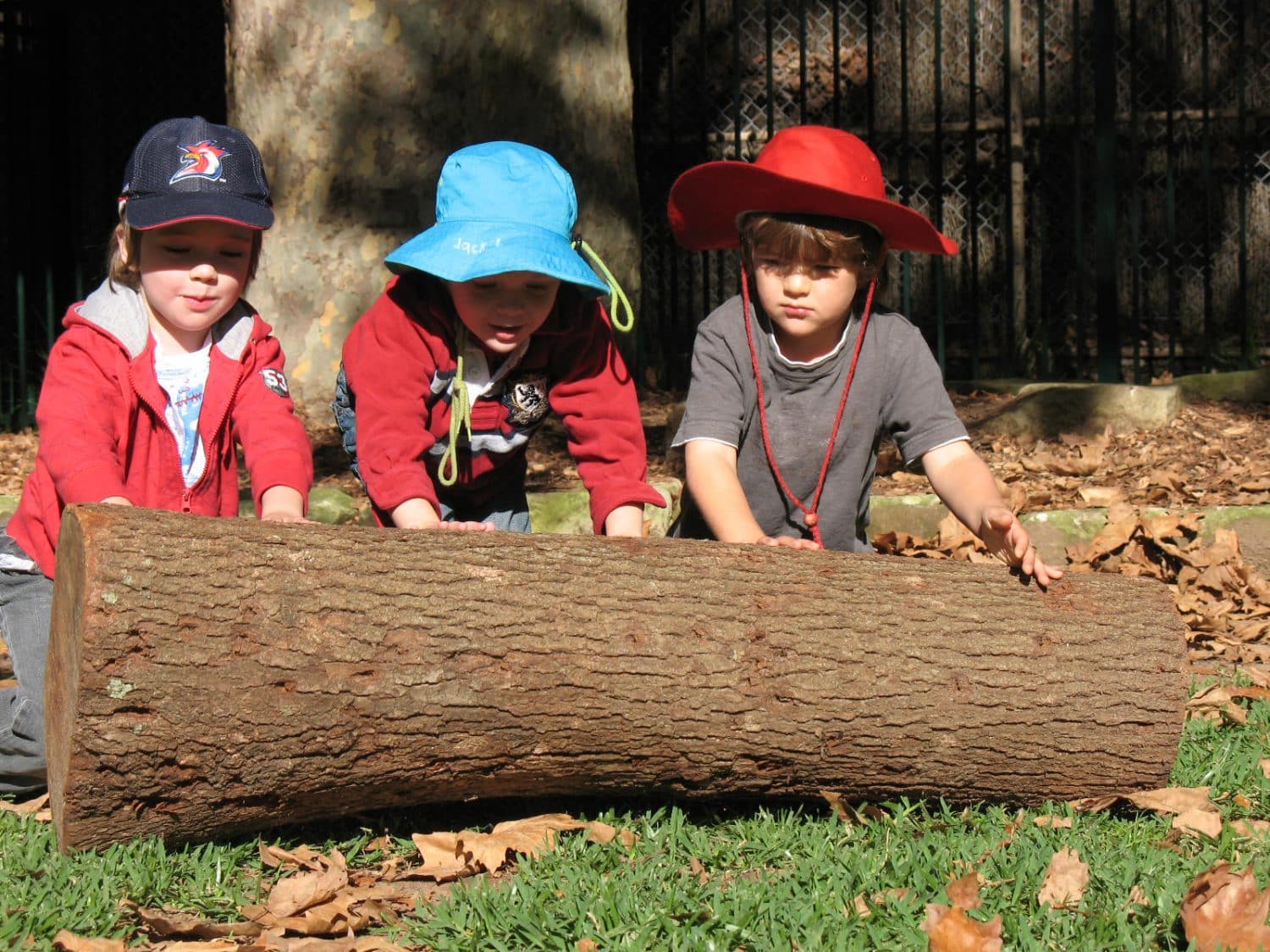The birth of a new millennium sees KU continue to be a dynamic and progressive organisation.
Mission statements and vision statements are revised at times to reflect changing areas of focus and social values, however are always based upon a commitment to ensuring every family is able to access affordable, high quality early childhood education and care for their children, where they can play, discover and learn.
Shifting ground
As a result of changing demographics, population shifts and changes to government funding, KU experiences both expansion and contraction in the delivery of services during this period.
In the mid 2000s, KU’s presence extends into the ACT and regional NSW including the Central Coast and Wagga regions. In Victoria, KU’s first community-based service, KU Craigieburn Children’s Centre, opens as part of a child and family hub.
The period also sees an increasingly competitive marketplace for child care and early education services. Increasing costs and proportionally reducing government funding contribute towards the closure of a number of services, some in areas where KU has operated for many years.


Work-based child care
With large-scale employers increasingly looking at ways to offer family-friendly employee benefits and assist new parents in returning to work, KU’s role in providing work-based child care continues. While new corporate players come on board, and some existing partners expand their provision, others withdraw from providing child care for their employees.
In significant developments, KU provides expert advice and consultancy in the establishment of new work-based centres, including the design and build of three new Joey Club services for Qantas in Sydney, Melbourne and Brisbane; The Treehouse, opens for Stockland with a particular focus on environmental sustainability; and two new services open for the NAB in Melbourne.
In 2004, KU loses the contract to run the Defence Force Centres – this contract instead goes to ABC Learning, a private company that later collapses and falls into receivership.
Inclusive education
Having established a strong reputation for inclusive educational practice, KU continues this focus both through mainstream centre based programs, as well as dedicated early intervention and outreach initiatives, such as Supported Playgroups in Sydney’s inner west.
Following a successful trial in 2001, KU appoints a permanent Indigenous Consultant to coordinate and encourage greater participation of Aboriginal children and families in KU. This proves to be successful and continues today.
In 2006, KU furthers its commitment to inclusion by becoming a provider of 7 Inclusion Support Agencies in New South Wales, and the Northern Sydney SCAN (Supporting Children with Additional Needs) project. Through these initiatives KU supports the inclusion of children with additional needs into all eligible early childhood services – not just those it directly manages. This support role expands when KU is selected to broker Commonwealth Government funding to be the National Inclusion Support Subsidy Provider, ensuring that for the first time, KU has a national reach with access into every long day care centre in the country.
KU wins a tender to build and operate the only Commonwealth funded Autism Specific Early Learning and Child Care Centre in NSW; KU Marcia Burgess. The centre opens in 2010 in a purpose-built facility shared with KU Liverpool Preschool.
Recognising immigration as a crucial thread in the fabric of Australian society, KU continues to support the settlement of newly arrived migrant and refugee families through KU’s Adult Migrant English Program (AMEP) centres, which provide onsite child care while parents attend English classes.
Protection and wellbeing of children
In 2002, KU takes the bold step of being the first early childhood education organisation to appoint a dedicated Child Protection Officer, continuing a proactive approach to the wellbeing and protection of children within education and care environments.


A continuing focus on quality
Throughout this time, KU continues to actively look at ways to improve the quality of its early childhood programs. At the beginning of the decade, KU Peter Pan La Perouse is selected to trial the NSW Early Childhood Curriculum – this is the first NSW curriculum document to cover all children in all early childhood services. KU centres continue to perform well under the Quality Improvements and Accreditation System with all but one long day care centre achieving 3 year accreditation.
In 2011, national standards and regulations are applied to the early childhood sector with the implementation of the National Quality Reform Agenda. In response to such reforms, KU innovates once more and develops a Quality Checklist booklet and mobile App for families – the first of their kind. This supports families to gain a better understanding of the new system, and provides practical guidance for families in identifying and assessing quality, when choosing a centre.
By 2015, KU’s unwavering commitment to quality sees over 95% of its services rated as Meeting, Exceeding or Excellent under the National Quality Standard, outstripping the sector average of just 66%.
Changes to the Constitution, Vision and Values
In 2009, KU changes its Constitution to better reflect the needs of the modern organisation. This sees changes to the structure and make-up of the Board, specifically aimed at ensuring renewal of Directors and garnering specialist expertise to help the organisation in facing the challenges of an increasingly competitive sector.
Still giving back
In a move reflective of KU’s origins, the organisation establishes the KU Marcia Burgess Foundation, a public benevolence entity for fundraising and investment in addressing the needs of disadvantaged and vulnerable children and families.



